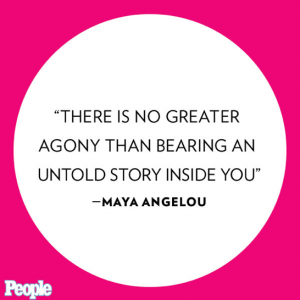Recently I had a company CEO tell me that he was interviewed for a story and when it was published, his company wasn’t quoted. His competitors received substantially more “ink” than his company so he contacted the journalist to find out what happened. He had taken the time to conduct the interview and was led to believe that his firm would be part of the roundup story so he hoped to receive an explanation.
He left a message for the reporter to get back to him. In the meantime, he shared his experience with me and I explained that it could be any one of a number of reasons. Here are some common ones:
- The journalist’s editor cut your quote just before press (happens all the time)
- Your quote(s) didn’t fit the story the journalist was writing in some way (perhaps it was too similar to what someone else said so he didn’t use it or it didn’t fit his angle, if there was one)
- He wasn’t sure how to capture your quote. Some interviewees give long answers and the journalist isn’t sure what snippet to use as a sound bite. (That’s why short, pithy answers always work better most of the time.)
- The journalist was biased (but will never admit it, of course)
- The journalist spoke with you last and was half finished the first draft of the story and not wanting to go back and change it due to: a) tight deadline b) being lazy c) something else.
In this situation, the journalist actually got back to the CEO with an explanation. The reporter said that the CEO’s quote was cut due to reason #1 above but the CEO said that he strongly believed that #5 was the real reason. In the end, he didn’t know for certain.
The key take-away: You always want to respond quickly to media interview requests for round-ups so that you get interviewed first. If you’re interviewed first, usually you have the greatest chance of shaping and framing the story, getting quoted more, and having that quote placed at the beginning of the story. (Research shows that when people scan articles, they read the headline, first couple of paragraphs and possibly the last paragraph.)
And if you don’t get quoted, it never hurts to follow-up with the reporter to diplomatically ask why and learn from the experience. If you’re lucky, you’ll get an honest answer!

